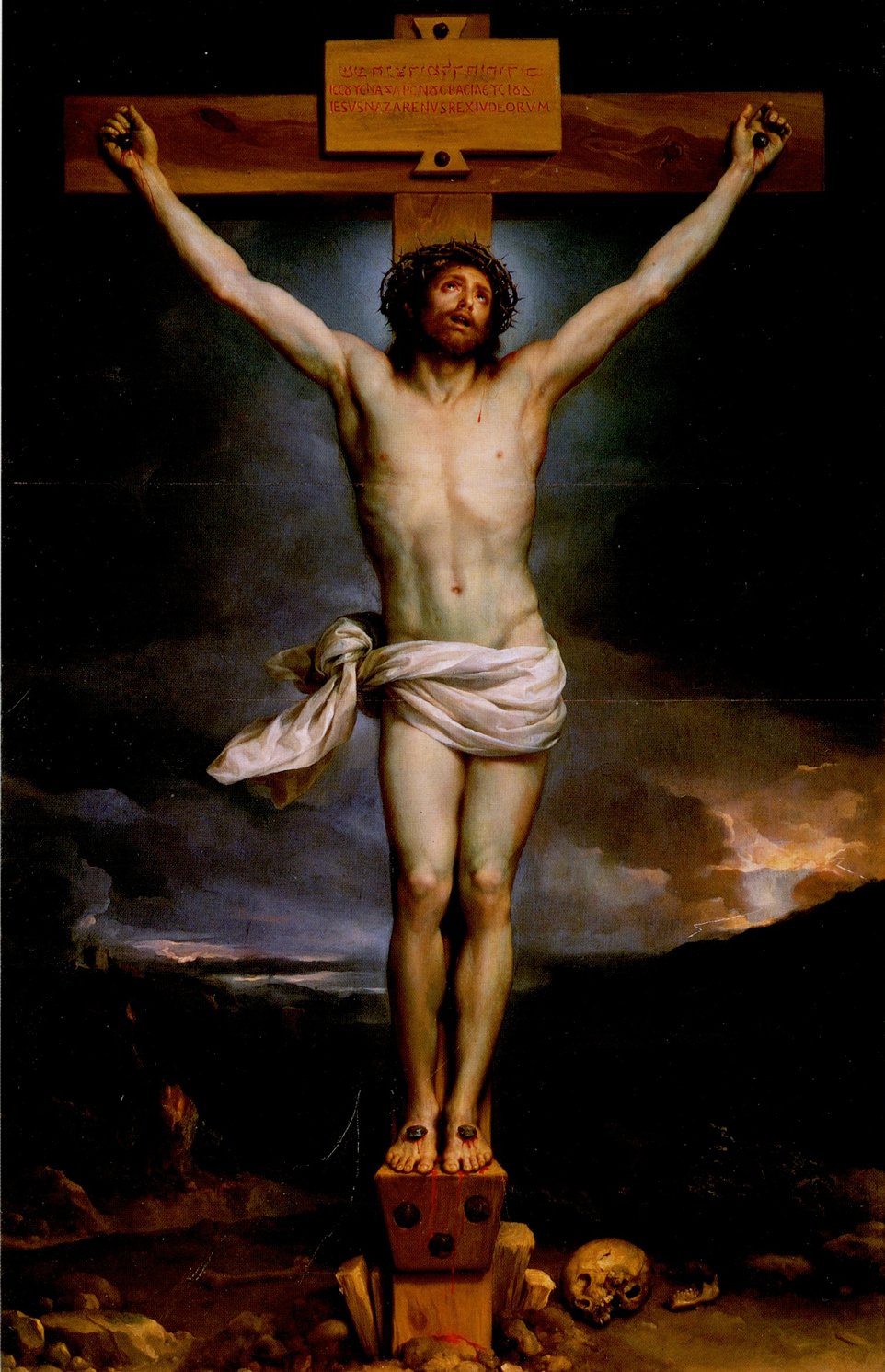Friday, 18 April 2014
Continuing with the Pope Emeritus
Posted by
Supertradmum
Moving towards the section on love, Benedict develops ideas which came to fruition in his encyclical on love, examined on this blog. Follow the tags under love, marriage, and socialism.
The sacred and the so-called profane, that is spirit and matter, were redeemed on the Cross. Love, as the Pope Emeritus points out, must include not only the spiritual relationship with God, but real involvement in the lives of others. Whether we are married or not, this involvement demands our time and energies in order to make love real.
Benedict notes that love means a fundamental "yes" to another person. He quotes Pieper, a great author I taught in days past,writing that love states to another person, "it is good that you exist". This affirmation of a person's goodness and the commitment which follows indicates a moving out of one's self into love.
The existence of another person is confirmed, writes the Pope Emeritus, in love.
How wonderful for those who experience this. Some of us have not experienced the intimate love which should accompany a good marriage. Some of us have experienced love in friendship. Some have experienced love through parents.
For those who have not, this love becomes an act of faith and an act of hope. I believe God loves me, therefore, I am loved and can love, despite a lack of intimate love in my life from a human.
Christ loves us intimately. That is one of the messages of the Cross.
The Pope Emeritus notes that by saying yes to another person, one affirms one's self as well. How wonderful. The person who loves, even in unrequited love, experiences an affirmation of being, as one recognizes that love is from God.
The happiness of love, therefore, expands from this mutual affirmation. And, as Benedict points out, love, by nature, is creative. For a married couple, this creation most often is seen in the children born of the couple. But, not always is love expressed in such a way. A loving marriage may be infertile, for God's reasons, or by choice.
Such marriages then become a force of creativity for the community, for the Church, such as that of the Maritains.
All love affirms existence and is creative by nature, by the spirit. And, in this love, one wants to sacrifice, to die for the other.
I feel sadness for those who have never been open to love. They live in the shadow of grace and life.
Today, contemplating the Cross, one sees love in action.
